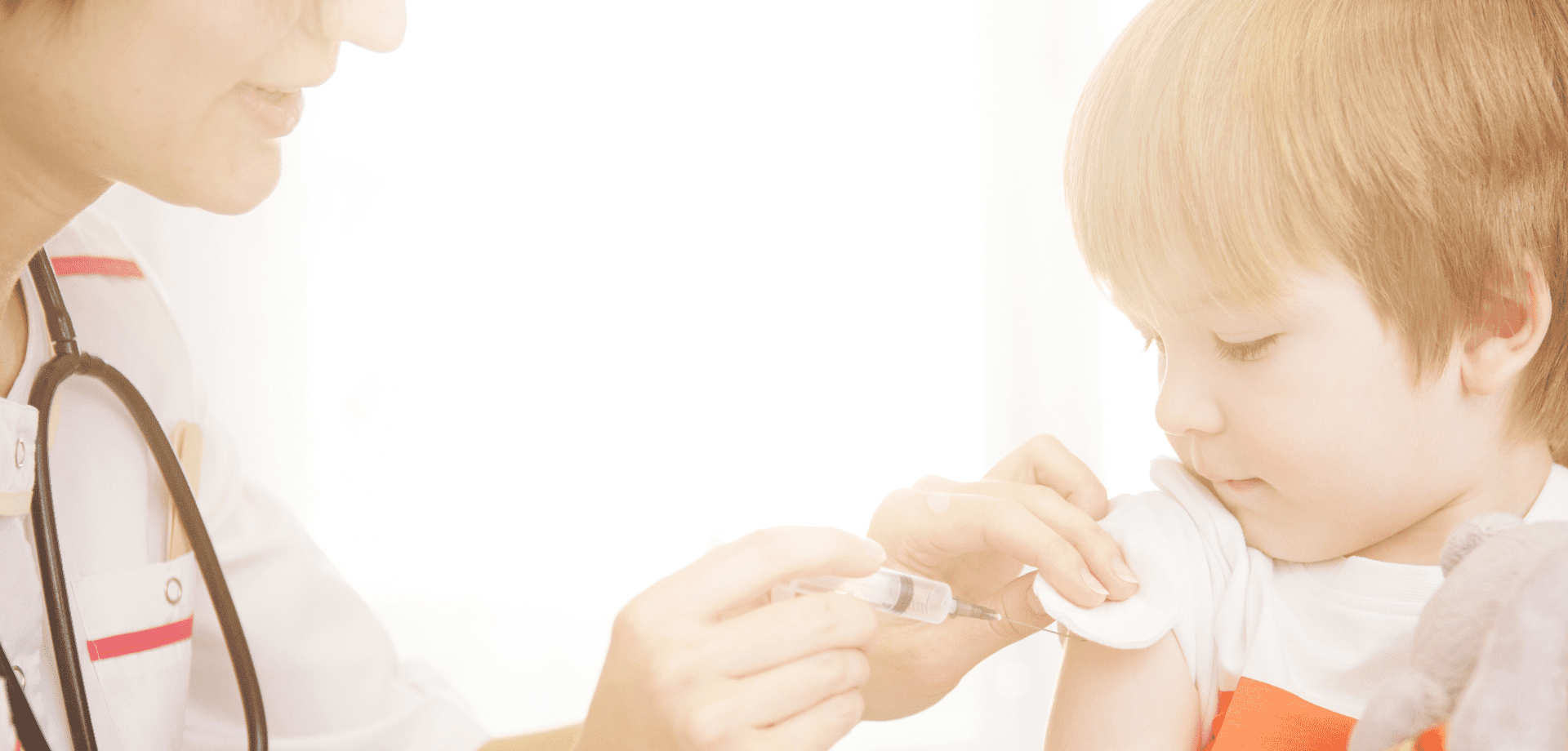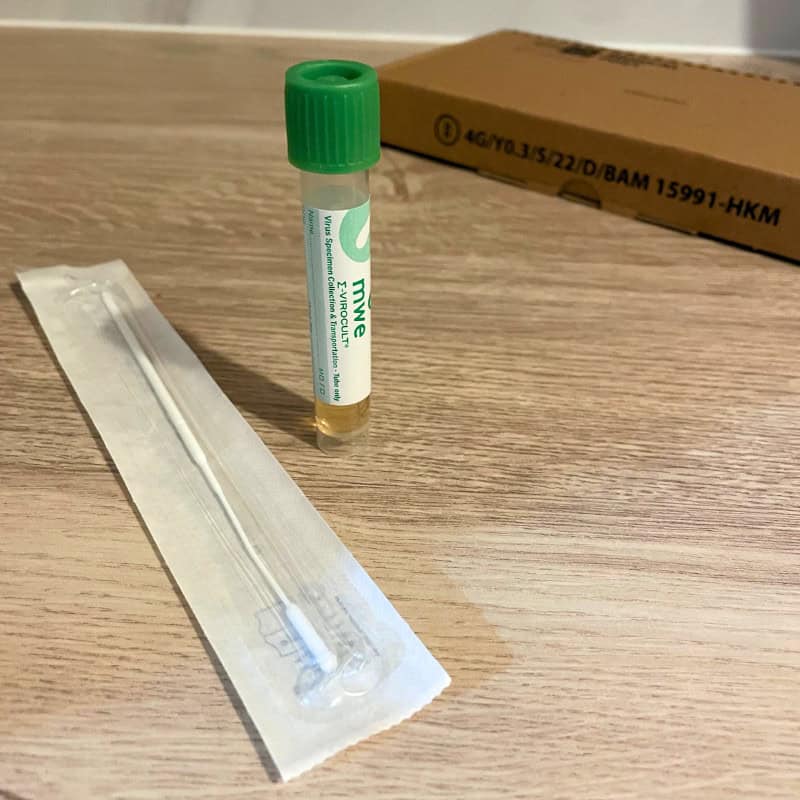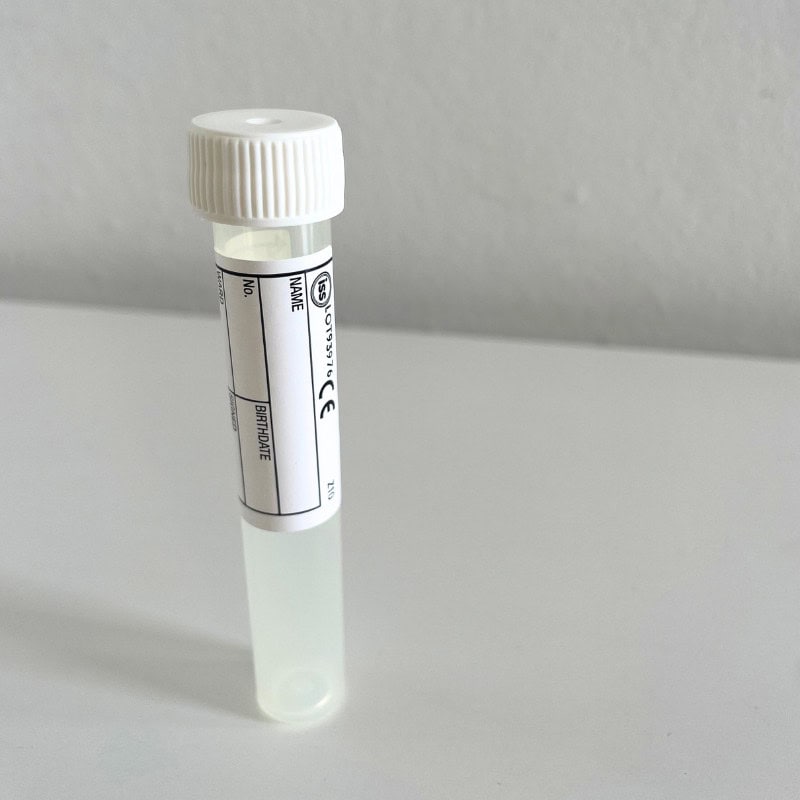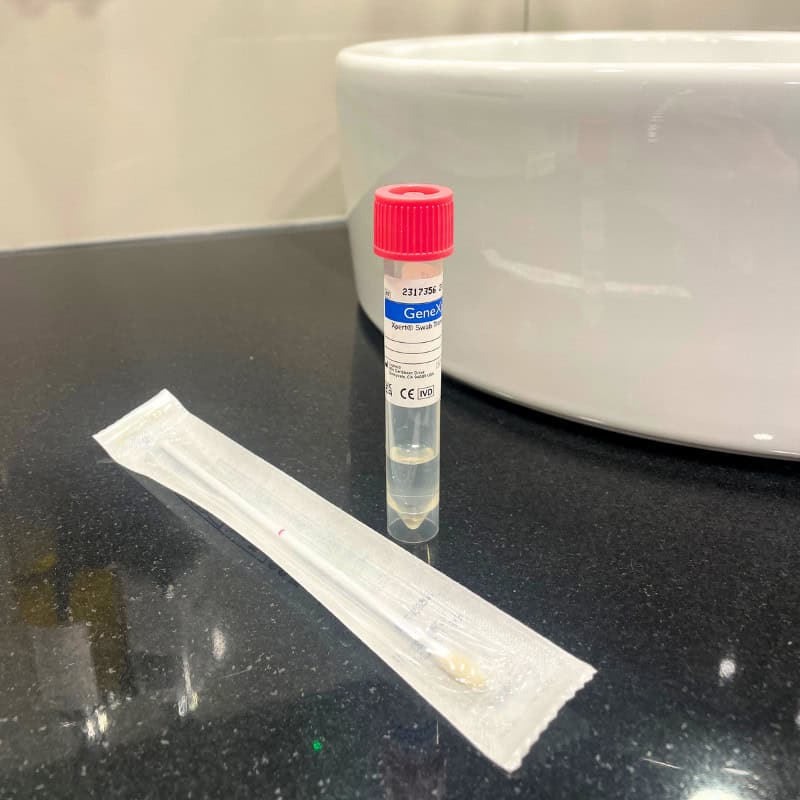Month: February 2018
Measles on the rise:
The World Health Organisation (WHO), has reported that measles cases are on the rise worldwide and in Europe alone, outbreaks have surged to a 20-year high.
The WHO states that reported measles cases (provided by each country) currently show that about 229,000 cases have already been reported, compared with 170,000 for 2017. Worryingly the 2018 number is likely to rise as the reporting deadline ends April ’19.
With a 50% increase in measles cases last year, it is important to understand the benefits of vaccinating against measles:
Dr Richard Dawood, our Medical Director explains;
“I recently heard about a patient suffering a bad attack of shingles. She didn’t believe in doctors, medicines or vaccines, I was told, and was languishing at home, with a dreadful, crusted rash across her body, and burning with pain. She had stuck to her beliefs and refused to take antiviral medication that could have aborted the attack or reduced the probability of ending up with long term nerve damage and lingering pain. Shingles can strike more than once, but since she doesn’t believe in vaccines (there is a good one that is 95% effective) she will have to take her chances of a recurrence in future. I disagree with her opinions, but her latest actions will harm nobody but herself.
But measles is different: when it comes to vaccination, personal choices and opinions have a direct impact on the health and wellbeing of others – individually as well as for entire communities. Measles vaccination is a major public health issue. Memories of the past outbreaks, epidemics, tragic disability and loss of life that drove research and ground-breaking vaccine development now belong to a previous generation. In these days of “fake news”, “influencers” and social networks, it has become too easy to undermine confidence in matters of public health. In the case of measles, concerns about vaccine safety are down to the “fake research” of Andrew Wakefield, who was struck off the medical register for concocting a spurious link with autism in the 1990s. But the damage was long-lasting.
The complications of measles are most severe in babies who are not yet old enough to be vaccinated, and children with reduced immunity. When the rate of vaccination in the general population falls below 95%, outbreaks occur and can easily spread, with the highest impact on those most vulnerable populations, undermining years of hard work around the world to bring measles under control.
That is what is happening now”.
VACCINATION AGAINST MEASLES
‘The highly contagious disease can cause severe diarrhoea, pneumonia and vision loss. It can be fatal in some cases and remains an important cause of death among young children”, according to the WHO.
The disease can be easily prevented with two doses of a safe and efficient vaccine that has been in use since the 1960s’.
Make sure you are up-to-date with your vaccinations including the measles, mumps and rubella (MMR) vaccine. Although the NHS immunisation schedule offers the vaccine to children from 12 months of age, the MMR can be given from 6 months. If you have not had measles or if you have not had two doses of MMR, you may be at risk. Measles is easily passed from person to person and can be a serious illness in adults as well as children. It is never too late to have the vaccine.
Just back from….Cape Verde
Out travel clinic nurse Anna has just returned from the beautiful islands of Cape Verde. At Fleet Street Clinic, we’re seeing increasing numbers of people who are planning to travel to this area, known for its stunning beaches and Creole Portuguese-African culture.
Anna said “The highlights of my trip were definitely walking through the lunar-like landscapes on the Serra Malagueta on Sao Tiago Island, seeing humpback whales and dolphins off the coast of Maio Island and the windswept beaches of Porto Ingles, Maio”.
Are you planning a trip to Cape Verde? Here’s what you should remember before you go:
Vaccinations
Ensure your vaccinations are up-to-date. Here is a list of recommended vaccinations travellers should consider.
Insects
Whilst Cape Verde islands are over 400 miles away from mainland Africa. Both the Aedes and Anopheles mosquito have found a home there, bringing the risk of viral infections such as dengue fever and Zika virus. Late 2017 there had also been reports of malaria cases in the capital Praia, Santiago Island. Whilst the risk to travellers is low, it is essential to avoid mosquito bites by covering up with long loose clothing and using insect repellent with DEET.
Sun
Cape Verde lies within the tropics which means the suns rays are incredibly strong. The main allure of this country is its long sandy beaches and crystal clear waters which can pose a risk of sunburn and heat-related illness. Ensure you apply a high factor sunscreen, avoid direct sunlight between the hours of 11am-3pm whilst at it’s strongest and stay hydrated to reduce the risk of heat-related illnesses.
Watersports
Cape Verde is popular with water sports enthusiasts, especially surfers, windsurfers and divers. The warm sea temperatures mean that any cuts and scrapes can become easily infected, so taking minor first aid items such as antiseptic and plasters should be taken to treat any injuries promptly.
Those who are undertaking water sports should consider wearing sunglasses with polarised lenses to help reduce the glare from the water.
Those who are prone to ear infections can consider taking an ear spray to reduce the risk. All travellers should ensure that their travel insurance policy covers such activities.
Thinking about polarised sunglasses? Come along to our Maui Jim event at Whitby and Co on Friday to find out more.
First aid Kit
Cape Verde is made up of 10 islands, and inter-island transport often involves a flying. Apart from the capital Praia, many islands have limited shops and pharmacies. Therefore if you become sick whilst away, obtaining medications to treat minor illnesses and injuries can be difficult. It is best to be self-sufficient. If you take prescription medication, ensure you pack enough to last you your trip, and take the prescription with you. Taking medications such as painkillers, antihistamine and medication for an upset stomach is also sensible as mild illnesses can often ruin a holiday and simple medication may not be readily available. Fleet Street Medical Kits contain everything you need.
Travelling soon?
If you’re planning to travel to Cape Verde or elsewhere and you’re unsure about the health precautions you should be taking, talk to us at Fleet Street Clinic, your travel health experts in central London. You can book an appointment online.
RIO CARNIVAL
Rio carnival is a huge pull for travellers heading to Brazil. With over 2 million people attending, it is the biggest carnival in the world, and probably the most colourful!
If you’re lucky enough to be going to the carnival this year, you’ll get the most out of the experience if you prepare beforehand and have a worry-free trip! Here are our top travel health tips to read before you go.
RECOMMENDED VACCINATIONS
Yellow Fever:
- There have been outbreaks of Yellow Fever in Brazil, including the city of Rio de Janeiro. We advise all travellers that are heading to Rio to ensure that they have received a yellow fever vaccination 10 days prior to travel to ensure they are fully protected.
- Yellow Fever vaccination is highly recommended for certain areas of Brazil, including the cities of Manaus, Belo Horizonte, Cuiaba, and Brasilia
- There is a high risk of Yellow Fever in the Amazon and in Iguazu Falls, so if you plan to do any onward travel after carnival we recommend obtaining the vaccination
- If you are planning to travel to other areas of South America before or after the trip, you may be required to have the Yellow Fever vaccination, and hold proof in the form of an International Certificate of Prophylaxis
Hepatitis A is a viral infection spread via contaminated food and water. A first dose of the vaccination protects for a year, a second dose given 6 months later protects for 25 years+
Typhoid is a bacterial infection through contaminated food and water(gives 3 years protection)
Tetanus, Diphtheria, Polio is a routine immunization given in childhood, but travellers should ensure they have received a dose of the vaccination in the previous 10 years
Measles, Mumps, Rubella – make sure you have received a primary course of MMR vaccinations (usually given in childhood) and unimmunised adults should receive their vaccine
OTHER VACCINES TO CONSIDER
Rabies – Travellers should be aware that Brazil is a high-risk country for Rabies and an intermediate risk country for Hepatitis B and those considering visits to remote regions or for prolonged visits may wish to be vaccinated; especially as urgent Rabies treatment can often be difficult to obtain in certain areas.
Malaria – a parasitic infection that is spread via mosquitos that are most active between dusk and dawn. It occurs in the Amazon region and the northeast of the country, and malaria prophylaxis is strongly recommended if visiting these regions or if going to Manaus.
MOSQUITO PRECAUTIONS
Dengue Fever, Chikungunya Fever and Zika virus can occur throughout all of Brazil. Brazil These viruses are spread by mosquitos that are most active during daylight hours. There is currently no vaccination or preventative medication for such illnesses.
Minimising insect bites that can transmit disease is essential. This involves covering up with clothing and ensuring insect repellent that contains a minimum of 50% DEET is worn to prevent mosquito bites. Using plug-in vaporisers in rooms to reduce mosquitoes and sleeping under bed nets will help.
Our Ultimate Bug Kit contains everything you need to keep mosquitos at bay.
ZIKA
Zika virus is especially serious in those individuals who are pregnant or planning to become pregnant at the time of travel. As Zika is an emerging virus, it is essential to keep informed with the most up-to-date advice. We are able to offer Zika testing and counselling if you have concerns about Zika virus.
HEAT
The average temperature in Rio in February is 29 degrees. This means that both heat and sun protection is required. This means avoiding direct sunlight between 11-3pm and seeking shade and wearing a sun cream with a high SPF to prevent burning.
HYGIENE
Often travelling to different countries can result in travellers’ diarrhoea, which can be caused by bacteria, viruses or parasites. It is important to practice safe food and hygiene practices such as:
- Washing hand thoroughly with soap and water or alcohol gel before food consumption
- Ensuring drinking water is safe by avoiding ice, drinking bottled water or having a reliable method of water purification (such as filtering or chemical sterilisation)
- Ensuring food is well cooked and served hot. Avoid salads or fruit that may have been washed in unsafe water
- All travellers should take medications with them to treat travellers’ diarrhoea. This can include rehydration salts, anti-diarrhoeal medication and even antibiotic treatment – see our Worldwide Gastro Kit.
FLEET STREET CLINIC
For more advice from our expert travel team on safe travels in Brazil, book a travel consultation appointment.
By Anna Chapman | Travel Nurse | February 2018
Staying Healthy on the Slopes
Ski season is upon us, and it’s time to prepare yourself physically for your adventures on the slopes!
Skiing once a year can easily lead to injury – no surprise for such an intense activity, involving a range of muscle groups. And it’s not just skiing that’s physical; lifting skis, boots and using lifts can all take their toll on your body! In order to stay healthy this ski season, a little preparation is all that’s required.
Our Consultant Osteopath, Andrew Doody BSc (Hons), gives advice on how to avoid injuries so that you enjoy your holiday on the slopes.
Before your holiday:
- Build up your fitness gradually – walking quickly to work or weekend sessions on a cross-trainer will help you to prepare your muscles
- Start a stretching programme. Concentrate on quads, hamstrings and calves
- Don’t ignore any twinges you have – get yourself checked out by a professional before you travel
- Work on your balance – yoga postures will help
- Check your alignment; most skiers find turning one way easier than the other, which may be caused by either one-sidedness or muscle weakness
- Get professional advice on the best products to support a problem back, knees, ankles, or wrists
On the Slopes and Après Ski
- Ensure ski-boots are properly fitted. Ill-fitting boots can impact on your posture when skiing
- Warm up before you start and stop to stretch, especially at the end of the day
- Make sure to keep hydrated – easy to forget in the cold weather
- Beware when you’re walking with you ski gear! Lots of ski injuries come from carrying kit badly or slipping on ice away from the slopes
On Your Return
- Consider ways to improve your fitness level throughout the year and be well prepared for the 2018 season
- If you have any lasting pains, make sure to have a professional health check
Book an Appointment at Fleet Street Clinic
Want more professional support and advice before your ski trip?
Book an appointment to see Fleet Street Clinic’s Consultant Osteopath Andrew online.







